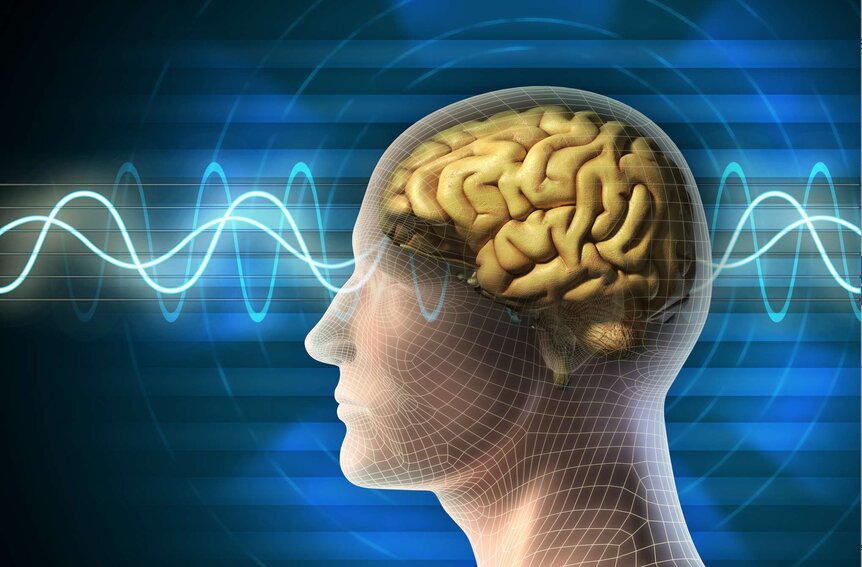Create a free profile to get unlimited access to exclusive videos, sweepstakes, and more!
Better than Cupid! New brain-computer interface tells you who you find attractive

Little by little, artificial intelligence systems linked to physical interfaces are revealing some of our innermost secrets and desires by analyzing the myriad ways the human brain operates.
The latest development comes by way of matchmaking researchers at the University of Copenhagen and the University of Helsinki that’s able to accurately predict who you're potentially attracted to, even before you've laid eyes upon them. This Cupid-like brain-computer interface technology is tuned to detect a brain's neural activity when it encounters a new person’s face and make choices as to whom you might accept or reject.
“Through comparing the brain activity of others, we’ve now also found it possible to predict faces each participant would find appealing prior to seeing them,” University of Copenhagen computer scientist and lead study author Tuukka Ruotsalo explained in the press release. “In this way, we can make reliable recommendations for users — just as streaming services suggest new films or series based on the history of the users.”
Hoping to discover suitable mates by linking neural patterns to existing info from EEG-wearing test participants who previously ran through waves of headshots, this new algorithm helps weed out faces it believes you will find unattractive or undesirable.
Per their official press release, the international team of university scientists that launched the study conclude that their AI love guru might ultimately generate a customized Netflix-ish list of algorithmically-generated recommendations or targeted media advertisements based strictly on your private neural data.
Beyond just unveiling methods by which faces are deemed attractive or not, Ruotsalo and his team believe they’ve revealed a machine-learned neural signature for indicating generalized personal preferences far beyond basic interpersonal attraction.
“The electrical activity in our brains is an alternative and rather untapped source of information," explained Ruotsalo. "In the longer term, the method can probably be used to provide much more nuanced information about people’s preferences than is possible today. This could be to decode the underlying reasons for a person’s liking of certain songs – which could be related to the emotions that they evoke.”
As it’s perfectly normal to mask sensitive preferences in social situations or random interviews, the new algorithm is perhaps a more accurate tool that strips our natural defense mechanisms down into something more pure and primal.
“Due to social norms or other factors, users may not reveal their actual preferences through their behavior online,” co-author Michiel Spapé said in the same press release. “Therefore, explicit behavior may be biased. The brain signals we investigated were picked up very early after viewing, so they are more related to immediate impressions than carefully considered behavior.”




























